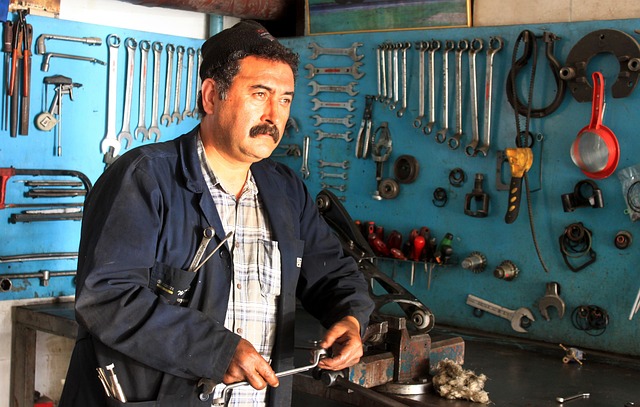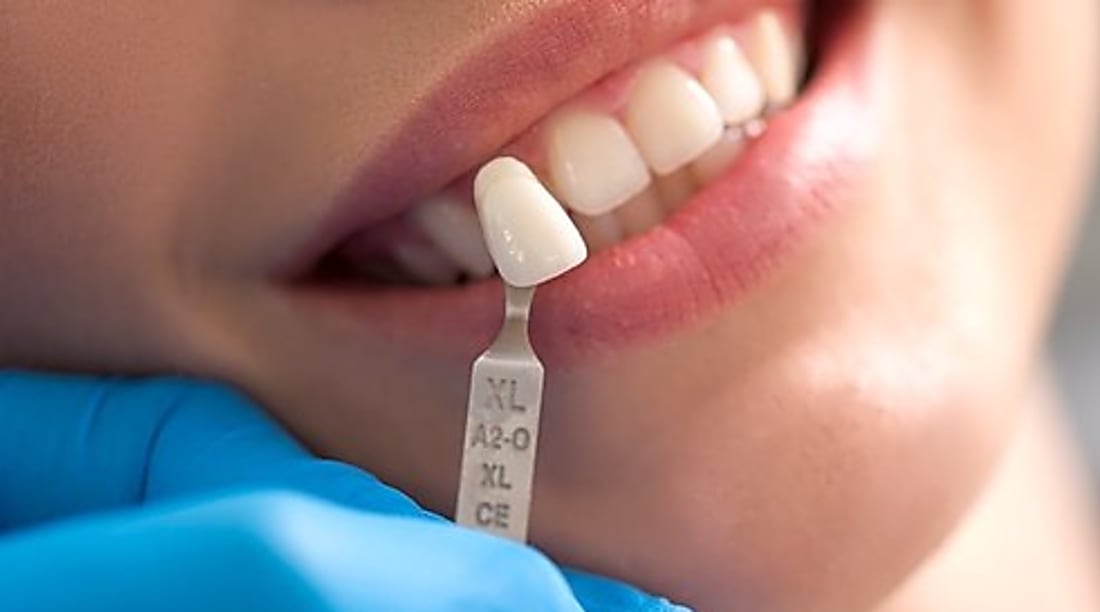Reversing the Clock: The Science of Cellular Regeneration
Have you ever marveled at the regenerative capabilities of certain animals? A starfish losing a limb can simply grow a new one. But what about humans? What if we could tap into our bodies' own regenerative capabilities? This article delves into the fascinating world of cellular regeneration and how it may hold the secret to reversing the clock on our health.

The Genesis of Cellular Regeneration
Cellular regeneration is not a new phenomenon. It has been observed in nature for centuries. Many organisms, including some mammals, have the ability to regenerate lost tissues or even entire body parts. The concept of cellular regeneration in humans, however, has been a topic of intense scientific research only in the last few decades.
Organisms like starfish and salamanders can regrow entire limbs, an ability that has long intrigued scientists. This led to the discovery of stem cells, the body’s ‘master’ cells capable of developing into any cell type in the body, thereby driving the process of regeneration.
The Current Landscape: Stem Cells and Beyond
There’s no denying that stem cells have been making waves in the health and wellness sphere. They’ve been hailed as the ‘holy grail’ of regenerative medicine, offering hope for conditions from spinal cord injuries to heart disease. But despite their immense potential, the application of stem cells is still in its nascent stages and comes with its own set of challenges.
Beyond stem cells, scientists are exploring other avenues for cellular regeneration. One such strategy is the activation of the body’s own innate regenerative capabilities. For instance, research has shown that certain proteins can stimulate the body’s cells to divide and replenish tissues.
The Promise and Pitfalls of Cellular Regeneration
Cellular regeneration certainly promises a new dawn in medicine. The potential to harness the body’s own healing capabilities could revolutionize treatment for a wide array of conditions. However, it’s important to bear in mind the challenges that come with it.
While the science is promising, it’s still in its early days. There are also ethical considerations to take into account, particularly when it comes to stem cell research. And while the idea of reversing the clock on our health is certainly appealing, it’s important to remember that aging is a natural part of life.
Cellular Regeneration: Backed by Science
All claims about cellular regeneration are backed by cutting-edge research. While the field is still evolving, the science is clear: our bodies have an incredible capacity for healing and regeneration. The challenge lies in harnessing this potential in a safe and effective manner.
Health Bite: Cellular Regeneration
-
Cellular regeneration is the process by which the body replaces or regenerates cells.
-
Stem cells are key players in cellular regeneration due to their ability to develop into any cell type.
-
Research is ongoing to uncover new ways to harness the body’s regenerative capabilities.
-
While promising, the field of cellular regeneration is still in its early stages and comes with its own set of challenges.
In conclusion, the world of cellular regeneration is a fascinating and rapidly evolving one. While the idea of reversing the clock on our health may seem like something out of a sci-fi movie, the science suggests that it may not be so far-fetched after all. As we continue to explore and understand our body’s innate healing capabilities, who knows what the future may hold?




